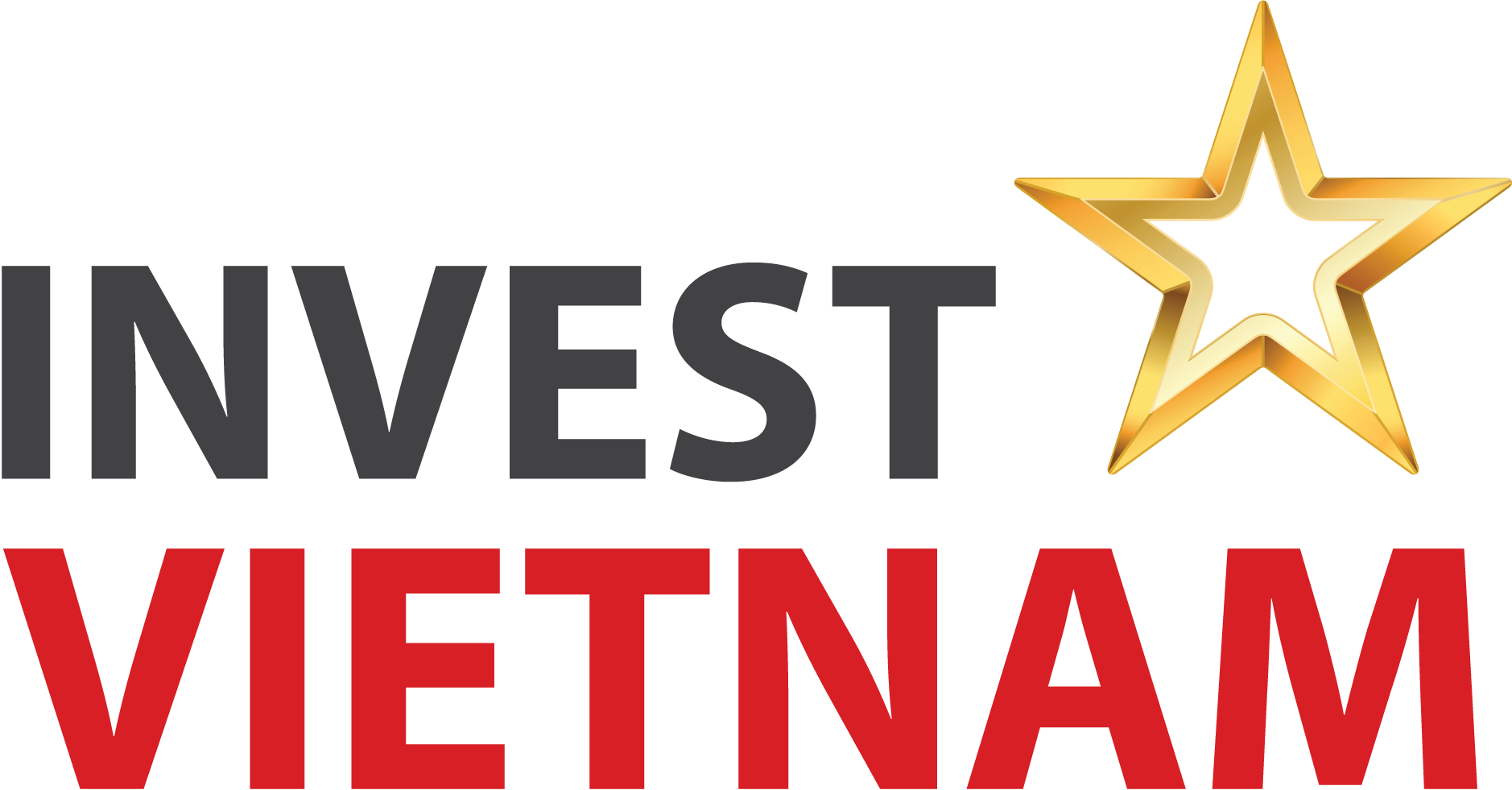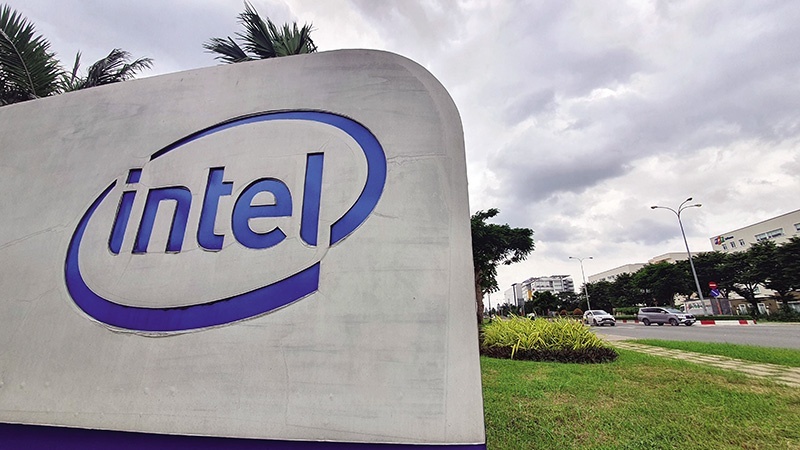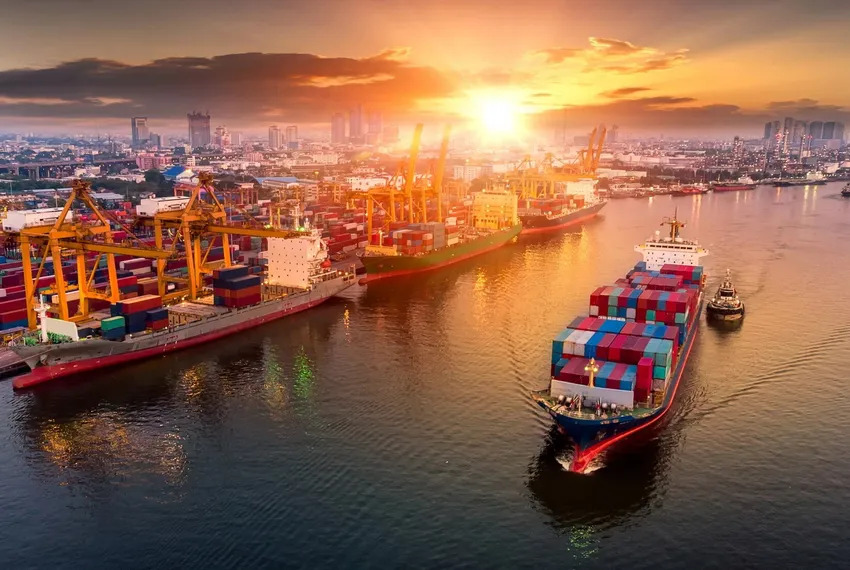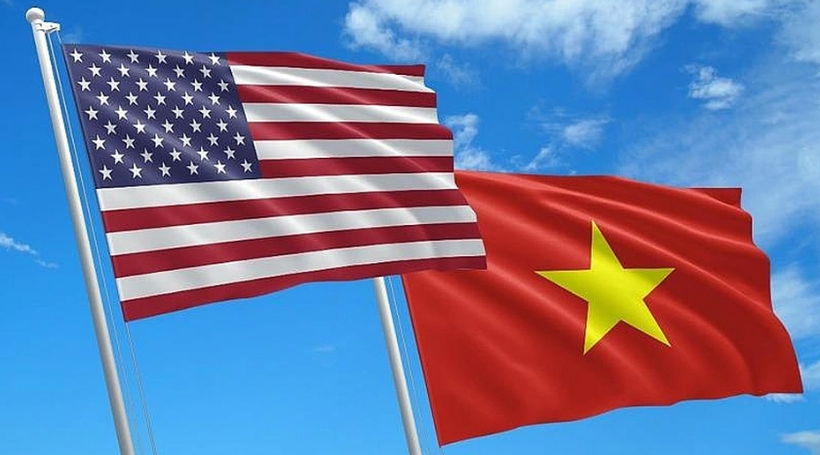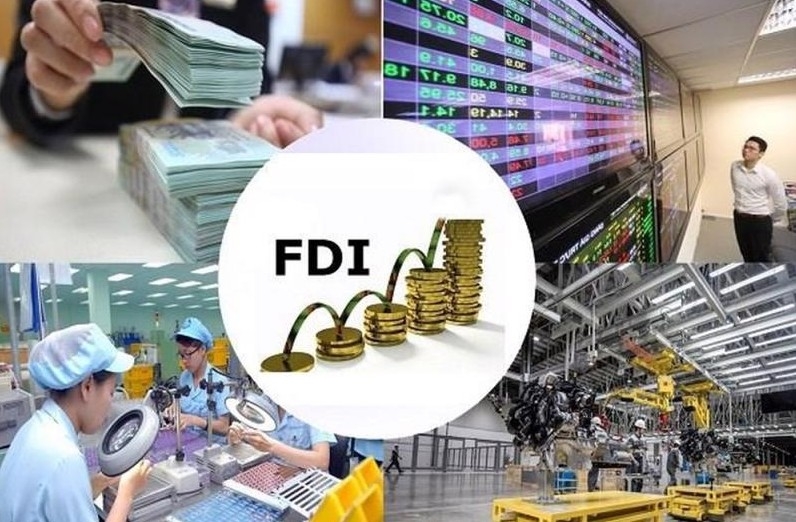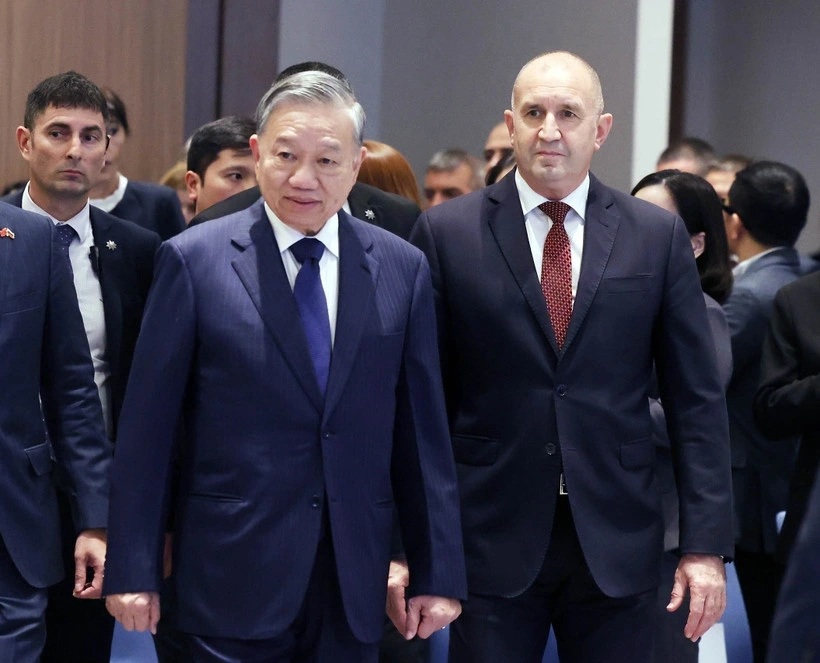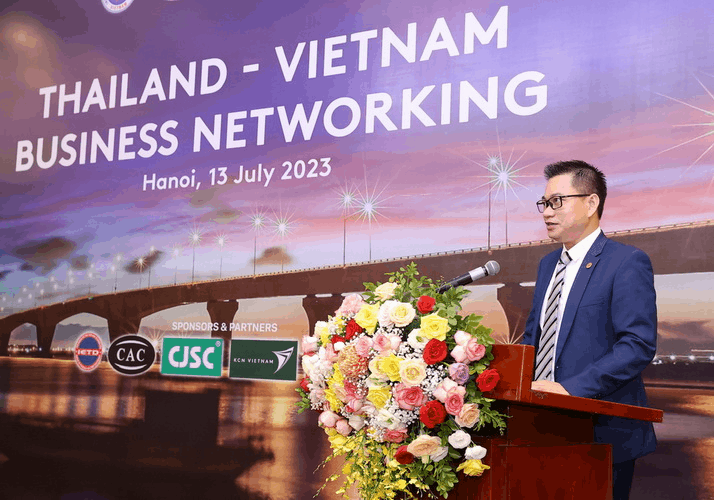FDI fuels Vietnam’s high-tech manufacturing ambition
Foreign direct investment (FDI) not only promote sustainable economic growth but also serves as a "springboard" for Vietnam to emerge as a high-tech manufacturing hub in the region, driving the development of eco-friendly and smart industrial parks.
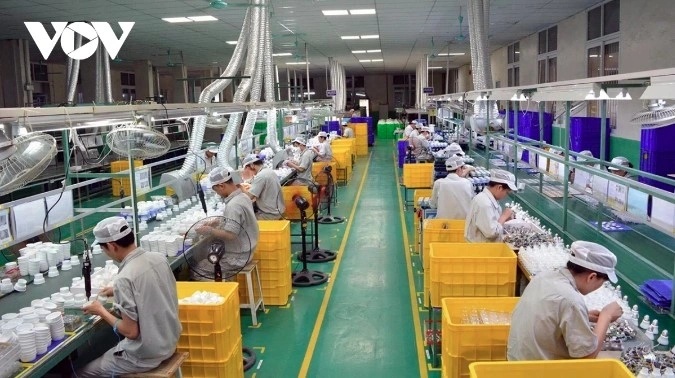
According to the General Statistics Office under the Ministry of Finance, in the early months of 2025, total registered FDI in Vietnam exceeded US$7 billion, marking an impressive 35.5% increase year-on-year. This growth not only spur sustainable economic development but also paves the way for Vietnam to become a high-tech manufacturing center in the region, accompanied by the rise of eco-industrial and smart industrial parks.
Experts predict that FDI inflows into Vietnam will continue to surge, particularly in high-value manufacturing and technology sectors such as semiconductors, artificial intelligence, digital transformation, logistics, and pharmaceuticals. FDI disbursement in 2025 is expected to surpass US$30 billion.
Vietnam currently ranks among the top 15 developing nations attracting the most FDI globally. The cooperation agreement between the Vietnamese government and NVIDIA marks a significant milestone, providing an opportunity for Vietnam to become a leading AI research and development (R&D) hub in Asia.
"Investors clearly recognize Vietnam’s proactive steps in preparing to attract foreign investment projects. Essential conditions such as land, energy, and human resources are always ready. In particular, the nation aims to train 50,000 engineers and highly skilled workers in high technology and semiconductors. Additionally, the country is integrating into global supply and production chains to enhance its international standing. This will serve as a solid foundation for Vietnam to engage in economic and business production chains," stated Deputy Minister of Finance Tran Quoc Phuong.
According to the Hanoi Department of Finance, FDI is an essential resource for achieving the capital city’s economic growth target this year. The amended Capital Law, which took effect on January 1, 2025, has introduced new preferential mechanisms and attractive policies for investors.

Industrial real estate sector set for growth in 2025, backed by policy and market support
"The city has incorporated special mechanisms in the Capital Law to attract investors. These include policies on land use fee exemptions, reductions in business-related taxes, and support for key industries of interest, such as semiconductor manufacturing and AI-integrated chip production. Incentives also extend to investments in clean agriculture and environmental improvement projects," said Le Trung Hieu, deputy director of the Hanoi Department of Finance.
The wave of investment in high-tech projects and R&D centers has also driven demand for infrastructure and industrial facilities, propelling growth in the industrial real estate sector.
Between 2024 and 2027, Vietnam is projected to have approximately 15,200 hectares of new industrial land supply and over 6 million square meters of warehouse space. The industrial real estate sector is expected to sustain its growth momentum, with companies that own large land reserves and benefit from convenient transportation infrastructure gaining the upper hand.
Amid the strong FDI inflows, leading industrial real estate firms are competing to expand their land banks and develop green and smart industrial parks integrated with eco-urban areas. Notable industry players such as SIP, Kinh Bac, and IDICO are also actively expanding their land reserves and developing industrial parks.
Entering 2025, the industrial real estate sector is on track for robust growth, propelled by supportive policies and market demand. Experts predict a surge in sales among developers as both supply and demand for new industrial land rise.
Pham Hong Diep, chairman of the board of directors at Shinec JSC, the investor of Nam Cau Kien Industrial Park in Hai Phong, underscored the the need for a synchronized framework to encourage investors, both FDI and domestic direct investment (DDI), to collaborate in building a circular economy and fostering symbiotic business ecosystems within industrial parks, ultimately leading to the success of eco-industrial zones.
The shift in foreign investment into Vietnam is increasingly targeting high-tech and foundational technology sectors. Alongside the expansion of green and eco-industrial parks, this trend is expected to elevate Vietnam’s position in the global value chain in the new era.
Source: VOV
Original link